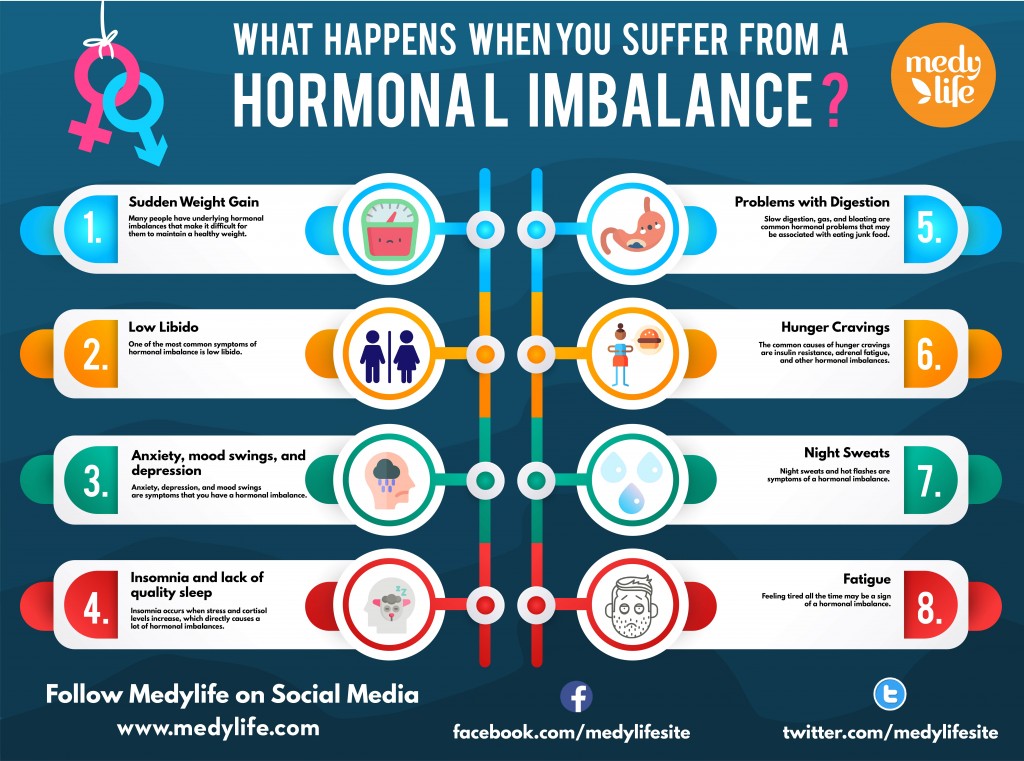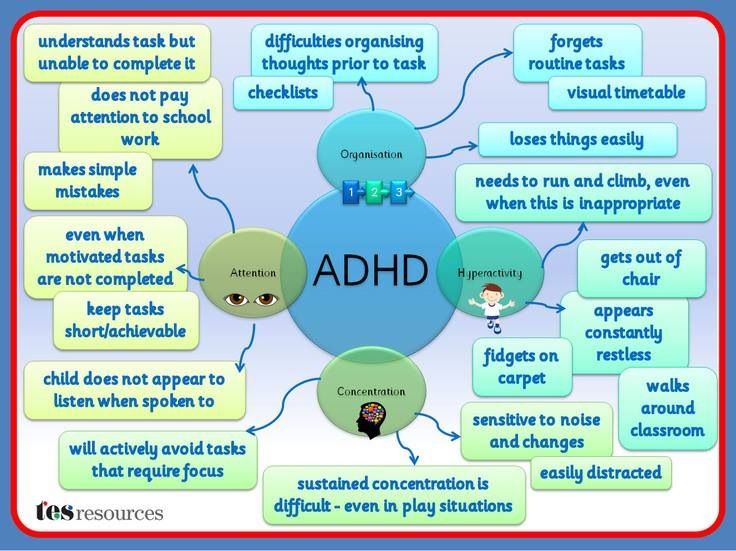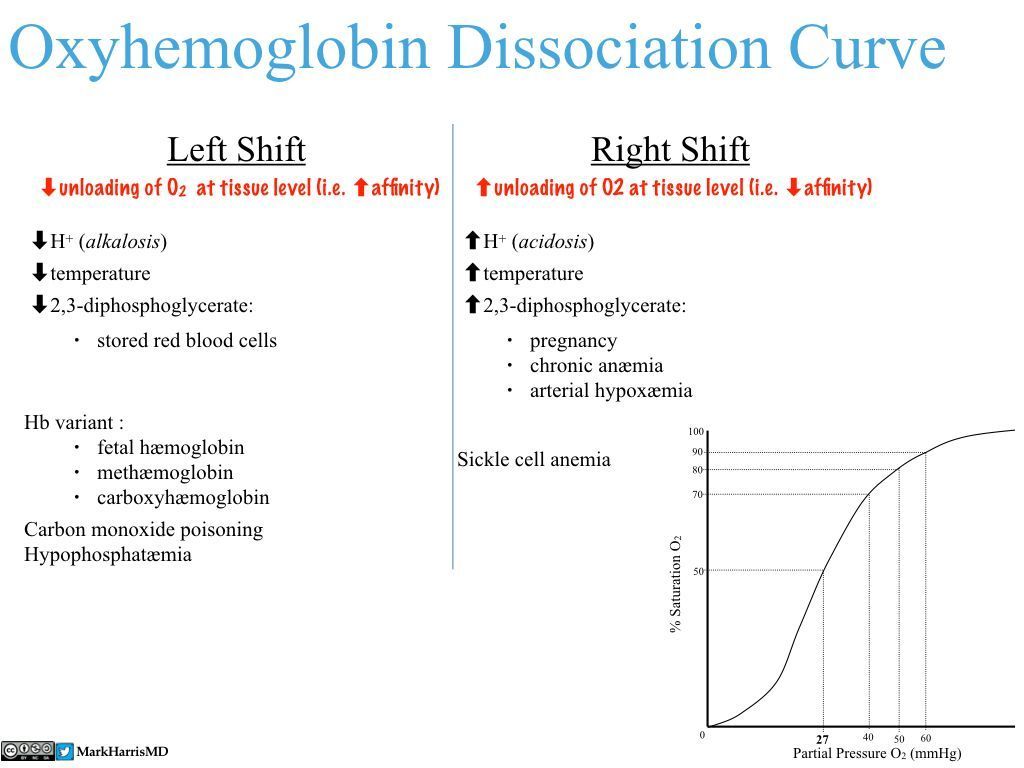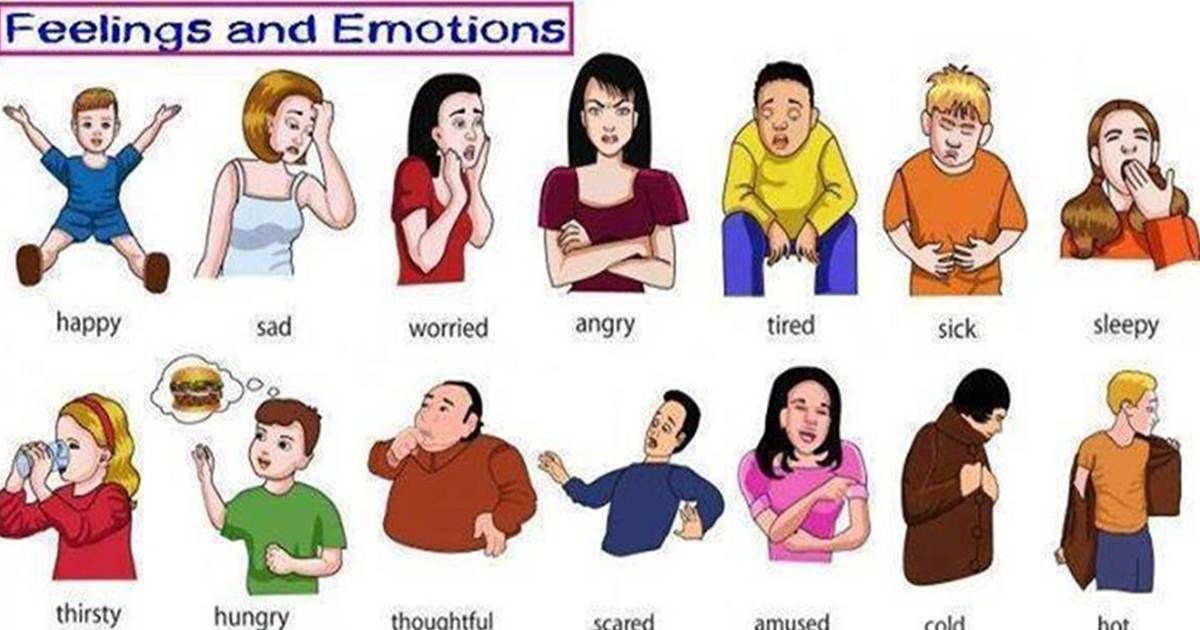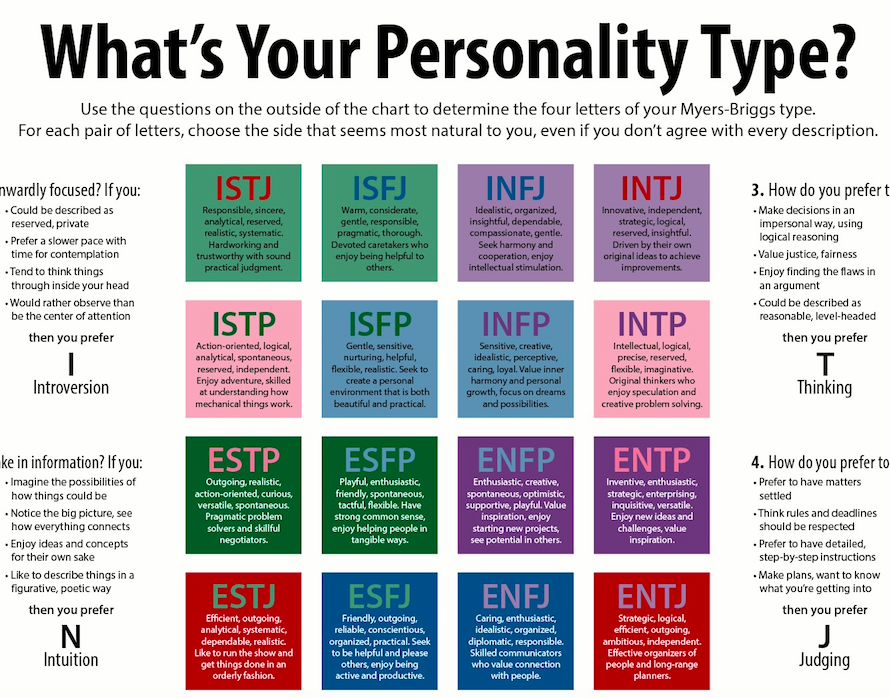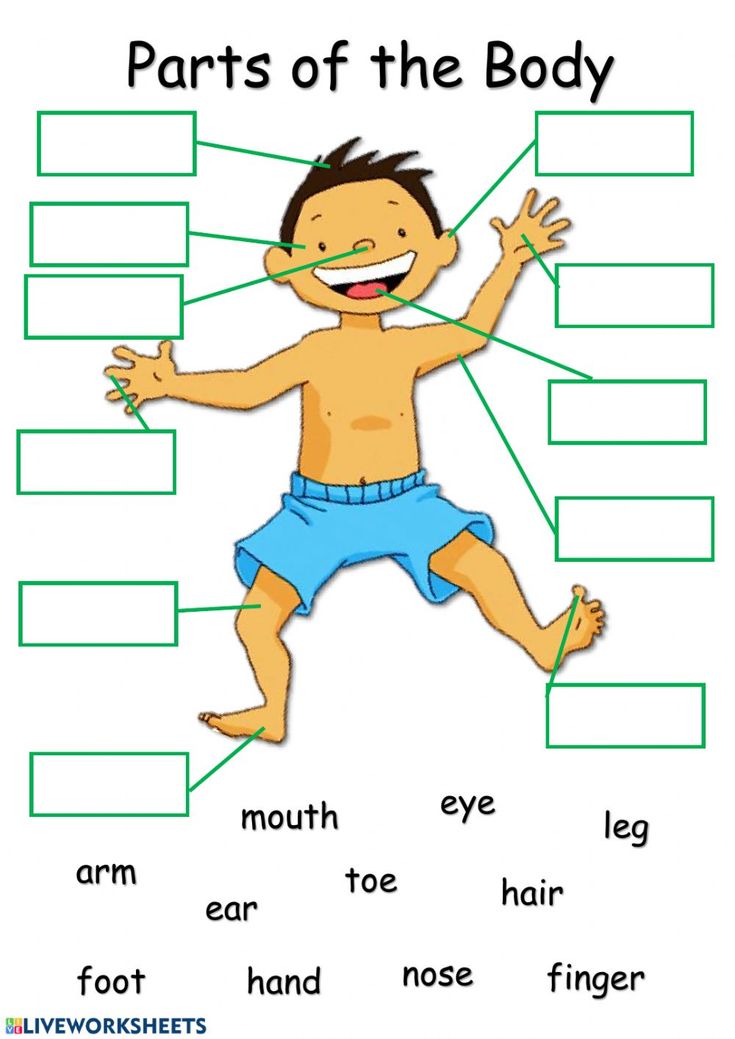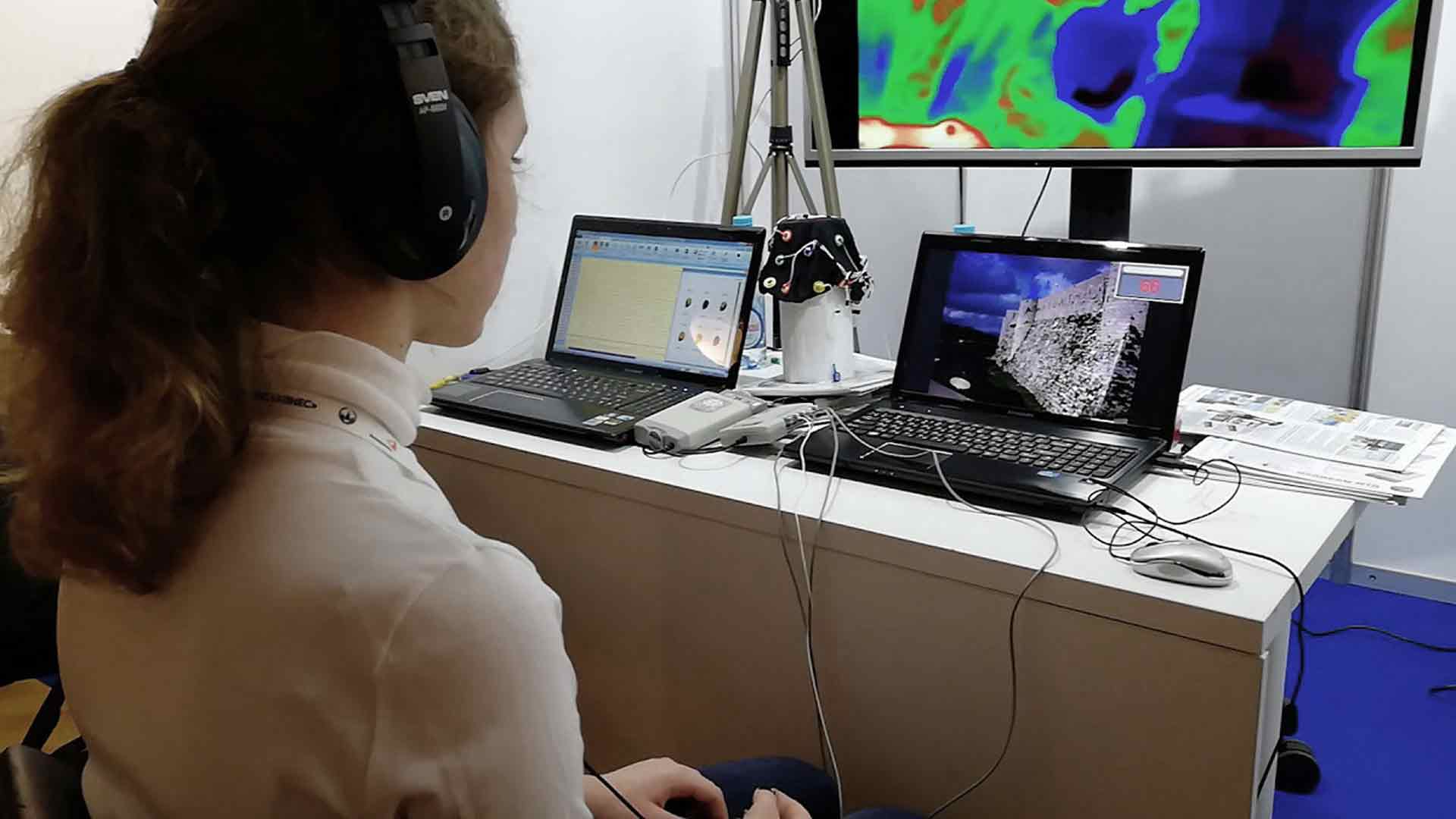Anxiety hormone imbalance
Too Much Anxiety and Worry Can Be Caused By Hormone Imbalance
Anxiety and worry can disrupt daily activities, and hormonal imbalances such as serotonin or cortisol may be the root cause. Fluctuations in estrogen can also cause heightened anxiety.
Therefore, it’s crucial to maintain regular hormone levels through lifestyle changes and medical assistance to preserve psychological well-being.
How Estrogen Affects Anxiety and Memory in Women
Harvard and Emory University neuroscientists recently conducted a study examining the effects of estrogen on female rat brains and behavior. They measured levels of anxiety and memory performance in two groups – those with low estrogen exposure compared to high – after which they exposed them to a mild stressor.
Results showed that rats with higher amounts of estrogen displayed lower levels anxiousness. They also showed improved cognitive function when compared against their counterparts who had reduced hormone intake.
The study also implied that these factors could affect how women cope with stressful or traumatic situations. This could have consequences for their chances of developing mood disorders such as anxiety.
Implications of Estrogen Levels for Women’s Mental Health
This study has important implications for women’s mental health, especially during periods of hormonal fluctuations, such as puberty, pregnancy, menopause, or oral contraceptive use.
Women who have low estrogen levels may be more prone to developing anxiety and mood disorders, or experience worsened symptoms, when they face stressful or traumatic events.
Women who have high estrogen levels may be more resilient and cope better with stress and trauma.
Therefore, women should be aware of their estrogen levels and how they affect their brain and behavior, and seek medical help if they experience hormonal imbalances or emotional disturbances.
How Serotonin and Cortisol Affect Anxiety
Anxiety can be caused by an imbalance in two key hormones, serotonin and cortisol.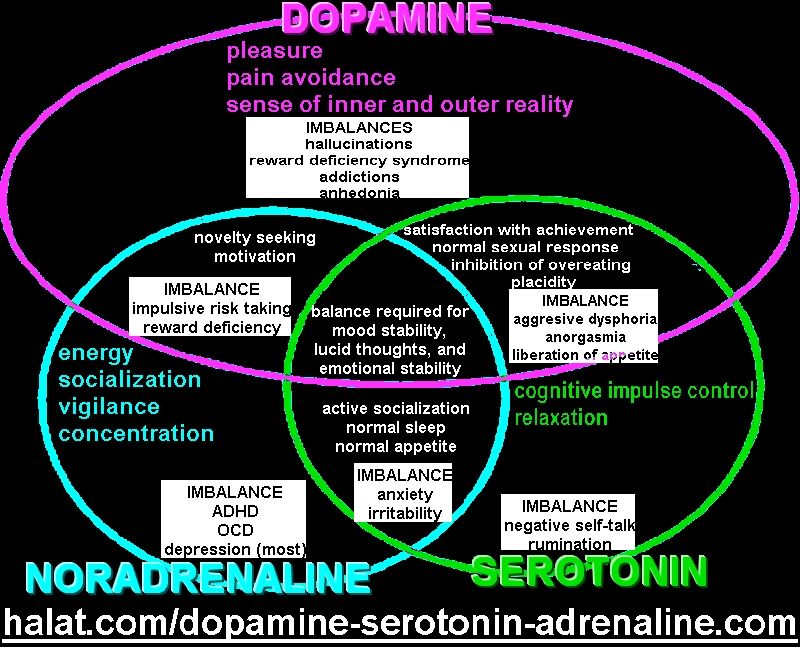 Imbalances of these important chemical messengers disrupt the brain chemistry and nervous system which regulate our moods, stress levels, and emotions.
Imbalances of these important chemical messengers disrupt the brain chemistry and nervous system which regulate our moods, stress levels, and emotions.
Serotonin is an essential neurotransmitter for our overall mental health; it helps to soothe the mind, enabling us to stay calm in times of stress and maintain emotional balance. Unfortunately, when levels are too low we can suffer from anxiety or depression that greatly impacts quality of life.
Cortisol is a hormone that is released by the adrenal glands in response to stress. The hormone cortisol helps activate the body’s reserves and gets it ready for action. But… high levels of cortisol can also impair the function of the hippocampus, a brain region involved in memory and emotion. This leads to anxiety and cognitive decline.
A healthy balance of your serotonin and cortisol is so important in the prevention and management of anxiety.
Related: Estrogen Overload: High Levels Of The Hormone Can Cause Anxiety
Hormone Replacement Therapy: A Solution for Hormonal Anxiety
Hormone replacement therapy (HRT) is a treatment that involves taking synthetic or natural hormones to restore the levels of estrogen, progesterone, testosterone, or thyroid hormones that decline during menopause, aging, or other conditions.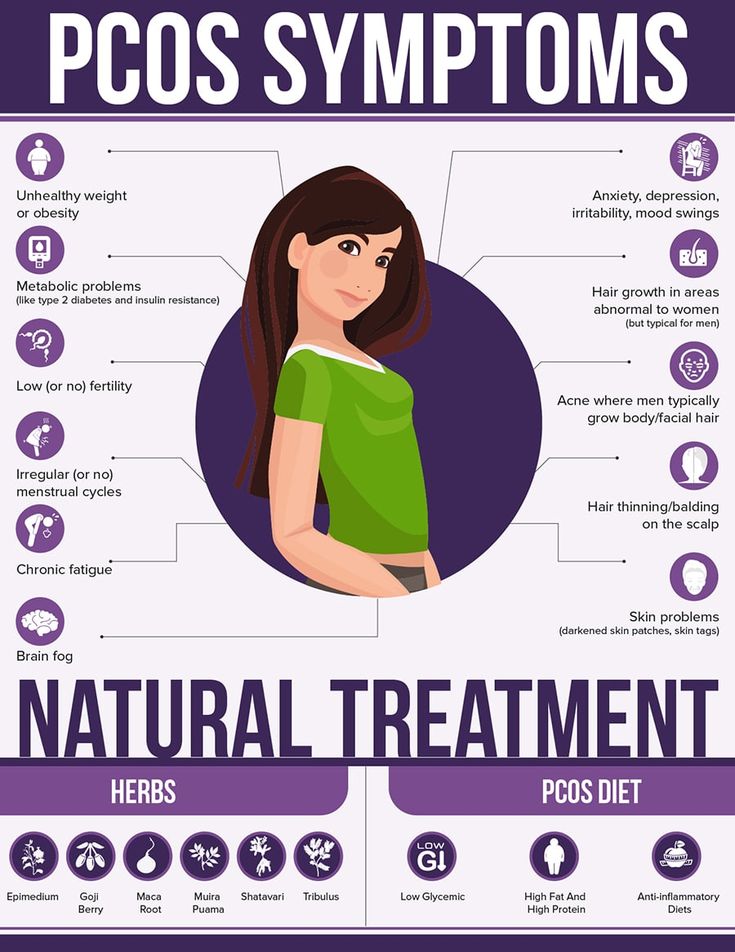
HRT can help reduce the symptoms of hormonal imbalance, such as hot flashes, vaginal dryness, osteoporosis, and mood swings. HRT can also help improve anxiety by stabilizing the brain chemistry and the nervous system. A study by Turkish researchers found that women who received HRT for six months had a significant reduction of depressive and anxiety symptoms compared to women who did not receive HRT.
However, HRT is not suitable for everyone and may have some side effects or risks depending several factors. Therefore, it is important to consult with your doctor before starting HRT and monitor your hormone levels regularly.
If you are interested in learning more about HRT and how it can help you with your anxiety, click below. We are a team of experts who specialize in bioidentical hormone replacement therapy (BHRT), which uses plant-based hormones.
We can provide you with personalized and safe treatment options that suit your needs and goals. Don’t let anxiety ruin your life. Take control of your hormones today!
Take control of your hormones today!
The Link Between Hormones and Anxiety
Medically reviewed on 8/15/2022 by Jordan Stachel, M.S., RDN, CPT. To give you technically accurate, evidence-based information, content published on the Everlywell blog is reviewed by credentialed professionals with expertise in medical and bioscience fields.
For many adults, anxious feelings can turn up at any moment. Excess caffeine, local and global events, or even an ex-partner can trigger anxiety. Countless factors can cause anxious feelings, so it’s not hard to believe that anxiety is also a possible symptom of certain hormone imbalances.
So, what exactly is the connection between hormones and anxiety? Hormones are chemical messengers that send signals to different parts of the body. They’re responsible for regulating various processes, like growth and development, metabolism, reproduction, sexual function, and mood. If your hormones become imbalanced (meaning your levels are too high or too low), they can interfere with the body’s normal processes—causing a variety of complications, including anxiety.
While anxiety can have multiple causes, symptoms unrelated to trauma, loss, a major life event, or a mental health condition may be attributed to a hormonal imbalance. Read on or skip to our infographic as we dive into the relationship between hormones and anxiety and provide tips to help manage anxious feelings.
Table of Contents
- Can a Hormonal Imbalance Cause Anxiety?
- Which Hormones Cause Anxiety?
- Signs of a Hormone Imbalance
- 4 Ways to Support Balanced Hormones and Reduce Anxiety
- Infographic
While anxiety is common in individuals with certain hormone imbalances, it can be hard to know which came first or if one contributes to the other. Both sexes can suffer from a hormonal imbalance. However, people AFAB (assigned female at birth) are more commonly affected than people AMAB (assigned male at birth), putting them at a greater risk of hormone-related anxiety.
Why? People AFAB may have a higher risk of developing anxiety disorders during different life stages where hormones fluctuate drastically, such as puberty, menstruation, pregnancy, postpartum, perimenopause, and postmenopause.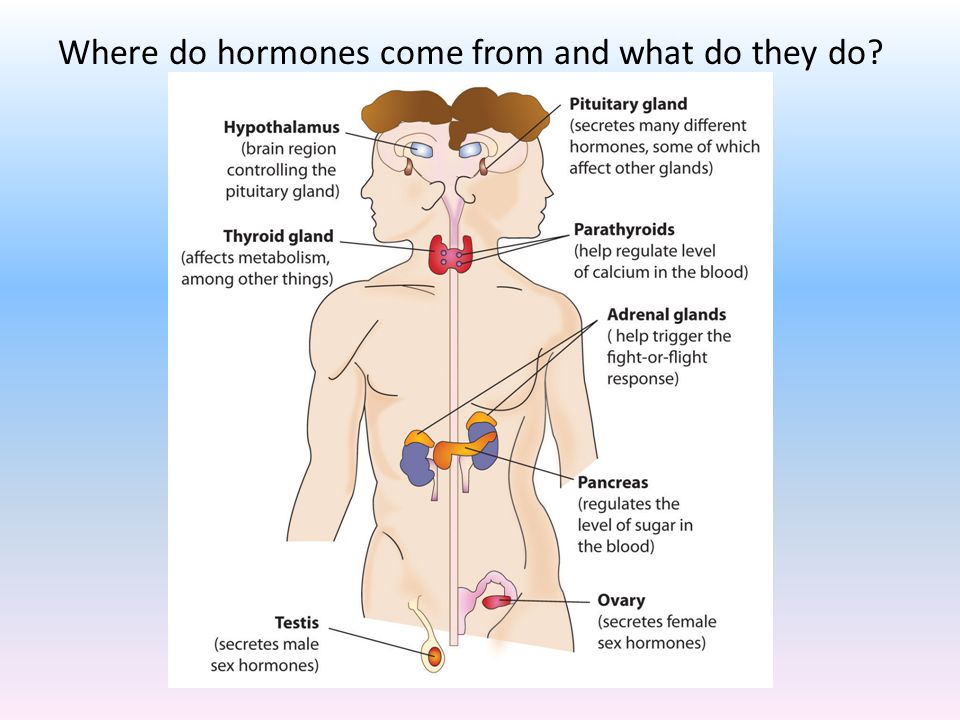
Unfortunately, hormones and anxiety can be a bit of a chicken and an egg situation. Hormonal imbalances may cause anxiety in some people and be the result of increased anxiety in others.
A good step to take towards minimizing hormone-related anxiety is understanding which hormones can affect your mood and response to stress. These include sex hormones, stress hormones, thyroid hormones, and oxytocin. While each plays a pivotal role in the functioning of the body’s processes, too much or too little could cause complications.
Estrogen
Fluctuating levels of estrogen and testosterone, which are considered sex hormones, may play a role in how much anxiety you experience. Changing levels of these hormones can affect your mood. This is why anxiety sometimes peaks during times of hormonal change such as puberty, menstruation, pregnancy, and menopause.
Estrogen affects mood. For people AFAB, estrogen levels are higher during the first two weeks of the menstrual cycle (follicular phase) and can induce higher levels of serotonin—which is your “happiness hormone.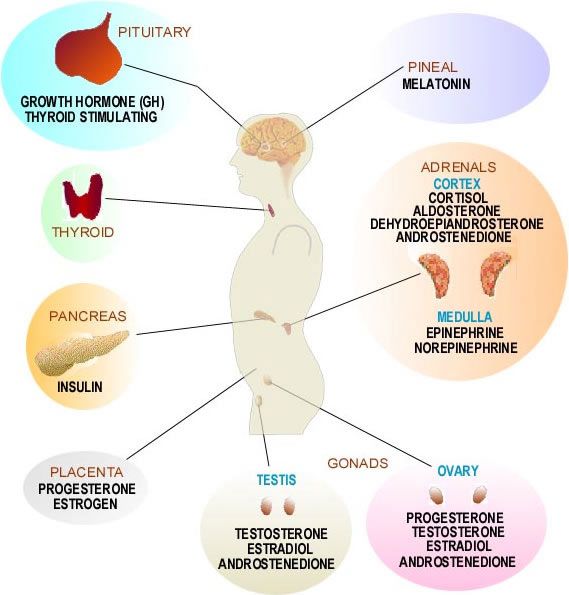 ” However, during the luteal phase (last ~2 weeks of a 28-day cycle), estrogen levels dramatically drop if no pregnancy occurs.
” However, during the luteal phase (last ~2 weeks of a 28-day cycle), estrogen levels dramatically drop if no pregnancy occurs.
Changes in mood or increased anxiety often accompany this fluctuation. In fact, as many as 80% of reproductive-age people AFAB experience at least one physical, mood, or anxiety symptom during this part of their period.
Testosterone
In general, people AFAB tend to experience more anxiety than people AMAB. To explain this, one hypothesis suggests that low testosterone is linked to increased anxiety.
Testosterone, often called the male hormone, also exists in people AFAB—but in concentrations about 10 times lower. Clinical evidence suggests that testosterone has positive effects on anxiety and depression in all sexes. However, the underlying mechanism of its protective effects is still poorly understood.
People who are interested in finding out more about their estrogen and testosterone levels can take an at-home hormone level test and share the results with their healthcare provider to learn more.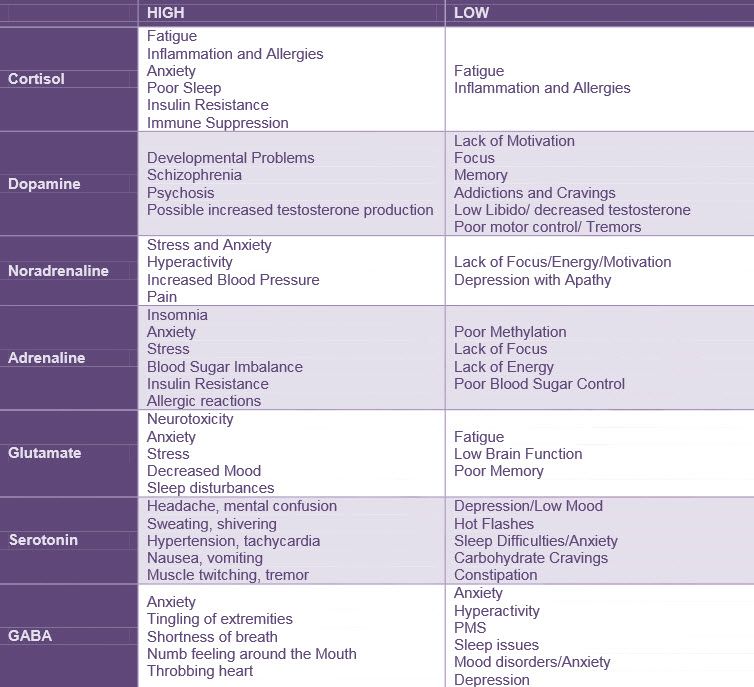
Stress Hormones
The stress hormones, otherwise known as cortisol and adrenaline, are released when a person feels threatened or senses danger. These stress hormones initiate the fight-or-flight response to help cope with the threat and prepare the body to take action.
However, if an event or experience triggers your stress hormones while you're not actually in danger---like while reading a stressful work email---you won't use or release those hormones during a fight-or-flight response. This can cause excess levels of cortisol and adrenaline and can leave your body feeling anxious.
What's more, an increase in stress hormones can cause the body to release even more stress hormones in response, which can leave you feeling stressed and anxious.
Thyroid Hormones
Thyroid hormones can affect your mood, and an imbalance can impact how you feel both physically and mentally. Feelings of anxiety, restlessness, irritability, and nervousness are common symptoms of an overactive thyroid (hyperthyroidism).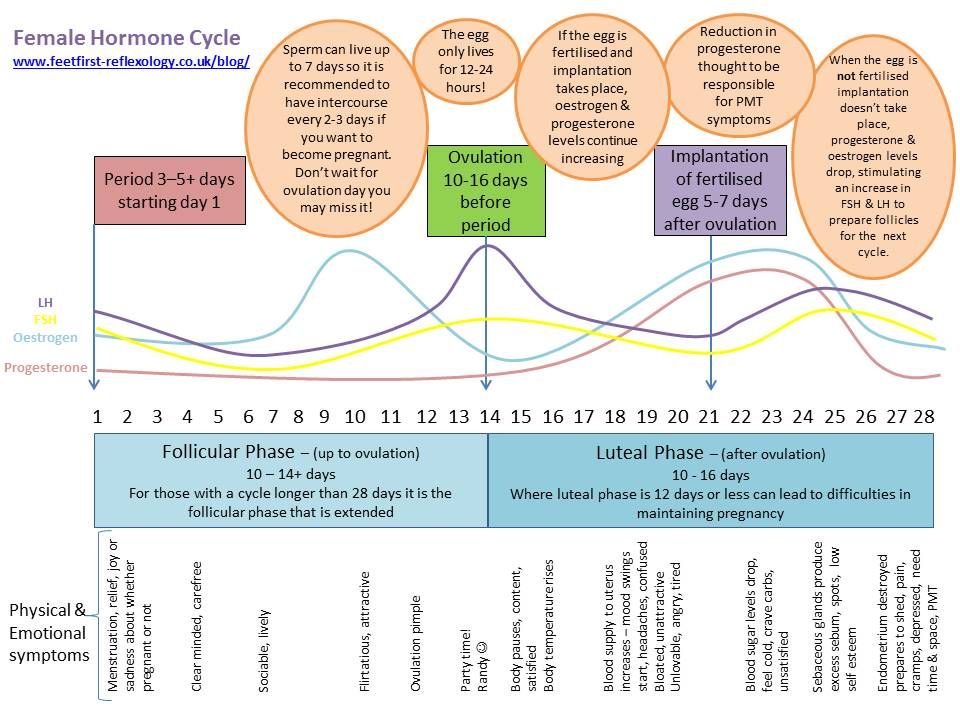 On the other end of the spectrum, an underactive thyroid can cause symptoms like fatigue and feelings of depression.
On the other end of the spectrum, an underactive thyroid can cause symptoms like fatigue and feelings of depression.
What's more, a recent study suggests that autoimmune inflammation of the thyroid could play a significant role in the development of anxiety disorders. The study examined 76 patients with anxiety disorder and found that 71 patients had an increase in blood flow to the thyroid gland---a sign of thyroid inflammation---linking thyroid abnormalities to their heightened anxiety.
If you're experiencing symptoms of anxiety, nervousness, or irritability, consider testing your thyroid hormone levels and seeing a healthcare provider to discuss your results. They may recommend thyroid management medications or other methods to reduce or alleviate your symptoms.
Oxytocin
Some hormones---like oxytocin---have a positive impact on anxiety and may help reduce it. Oxytocin is often called the "love hormone," as the brain emits it when hugging, cuddling, having sex, and even when a mother breastfeeds.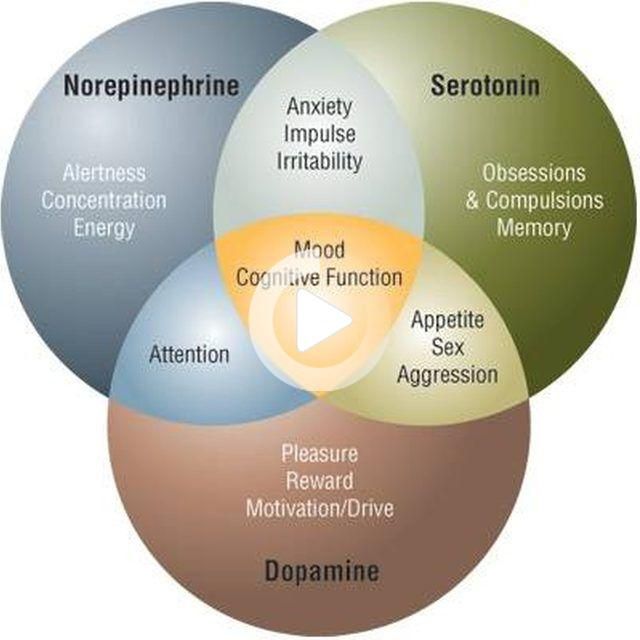
Oxytocin modulates anxiety, aggression, and the stress/fear response when one is introduced to different types of stimuli. Anxiety and emotional responsiveness to stress may decrease during periods of high oxytocin activity in the body, such as lactation and sexual activity.
Anxiety isn't the only potential side effect of a hormone imbalance. IIf you suspect that your anxious feelings might be linked to your hormones, knowing the other possible signs of an imbalance can help you make the connection.
Potential signs of a sex hormone imbalance include:
- Irregular Periods
- Adult Acne
- Heavy periods
- Vaginal dryness
- Hair loss
- Excess body hair
- Reduced sex drive
- Erectile dysfunction
- Loss of muscle mass
Potential signs of an imbalance affecting metabolism include:
- Increased thirst
- Fatigue
- Diarrhea or Constipation
- Sensitivity to warm or cold temperatures
- Dark patches of skin on the neck or armpits
- Frequent urination
- Weight gain or weight loss
Hormone imbalances can feel like an emotional rollercoaster.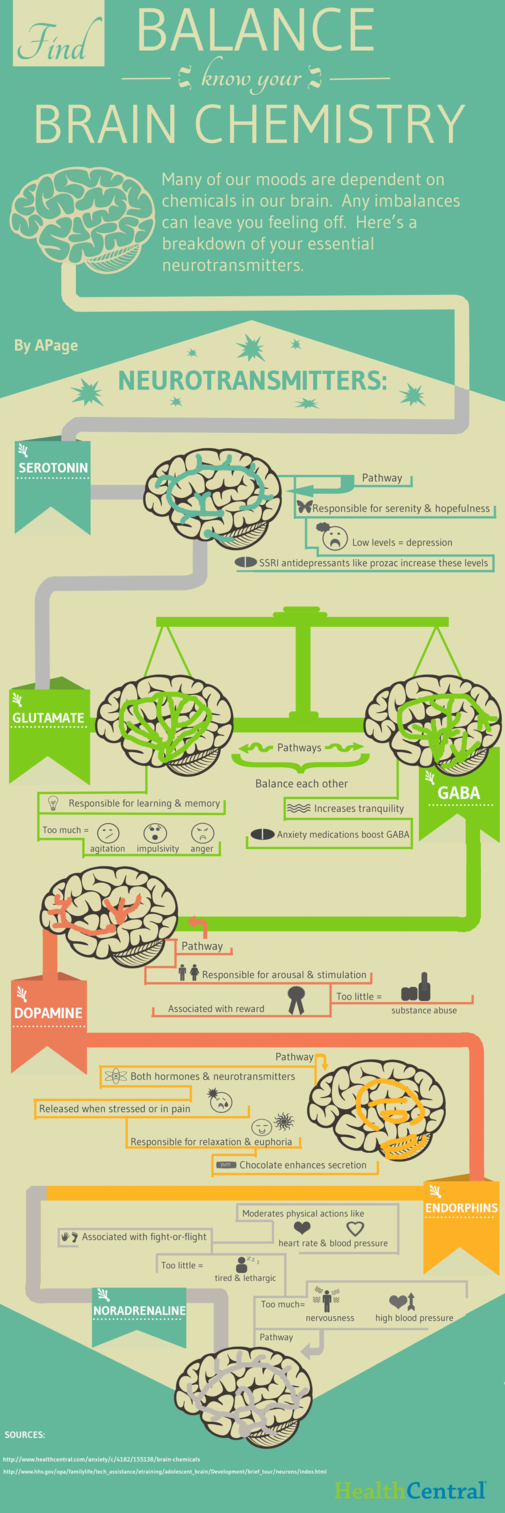 Fortunately, there are several natural ways to support balanced hormones to reduce feelings of hormone-related anxiety.
Fortunately, there are several natural ways to support balanced hormones to reduce feelings of hormone-related anxiety.
-
Exercise daily: Regular exercise is linked to a reduced risk of developing an anxiety disorder by lowering cortisol and adrenaline levels and releasing endorphins.
-
Find strategies to manage stress: We now know that stress can cause the production of more stress hormones, creating a vicious cycle. Relaxation techniques like meditation and yoga have been shown to help some individuals manage their stress and anxiety levels.
-
Improve your diet: Research shows that filling your diet with fiber-rich foods, fermented foods, and omega-3s can reduce levels of stress/anxiety and potentially improve mental health. If you have a condition like IBS or celiac disease, learning which foods to avoid can also help improve your mental and physical health.
-
Get enough sleep: Poor sleep has been linked to multiple hormone imbalances.
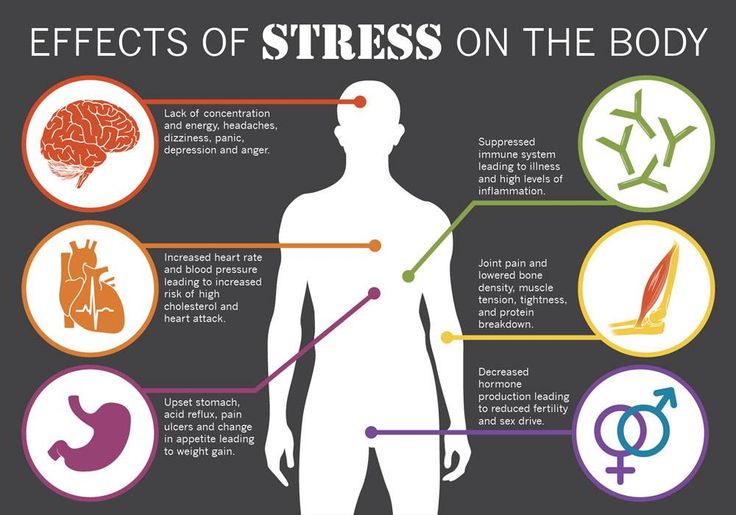 If you're suffering from anxiety, take a look at your sleep routine to see where you might be able to make improvements.
If you're suffering from anxiety, take a look at your sleep routine to see where you might be able to make improvements.
If you suspect you may have a hormonal imbalance, consider testing your hormone levels. This can give you and your primary healthcare provider clarity on whether your anxiety is a symptom of a hormonal imbalance or not. Anxiety can be debilitating, so be sure to seek guidance from a mental health professional and/or call this national helpline at 1-800-662-HELP (4357).
Check out the infographic below to learn more about hormone-related anxiety and discover quick tips to support balanced hormones.
Sources:
-
Endocrine Library. Endocrine Society. URL. Accessed July 19, 2022.
-
Gender Differences in Anxiety Disorders: Prevalence, Course of Illness, Comorbidity, and Burden of Illness. National Library of Medicine. URL. Accessed July 19, 2022.
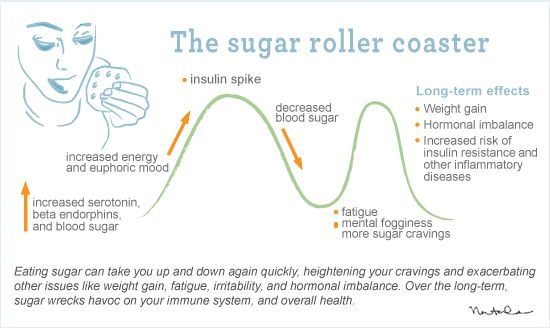
-
Anxiety Disorders Among Women: A Female Lifespan Approach. National Library of Medicine. URL Accessed July 19, 2022.
-
Associations Between Anxiety, Body Mass Index, and Sex Hormones in Women. National Library of Medicine. URL. Accessed July 19, 2022.
-
Sex Differences in Anxiety and Depression: Role of Testosterone. National Library of Medicine. URL. Accessed July 19, 2022.
-
Understanding the Stress Response. Harvard Health Publishing. URL. Accessed July 19, 2022.
-
Thyroid Disease: Can It Affect a Person's Mood? Mayo Clinic. URL. Accessed July 19, 2022.
-
Study Finds Thyroid Inflammation Tied to Anxiety Disorders. Endocrinology Network. URL. Accessed July 19, 2022.
-
The Role of Intranasal Oxytocin in Anxiety and Depressive Disorders: A Systematic Review of Randomized Controlled Trials. National Library of Medicine. URL. Accessed July 19, 2022.
-
Hormonal Imbalance.
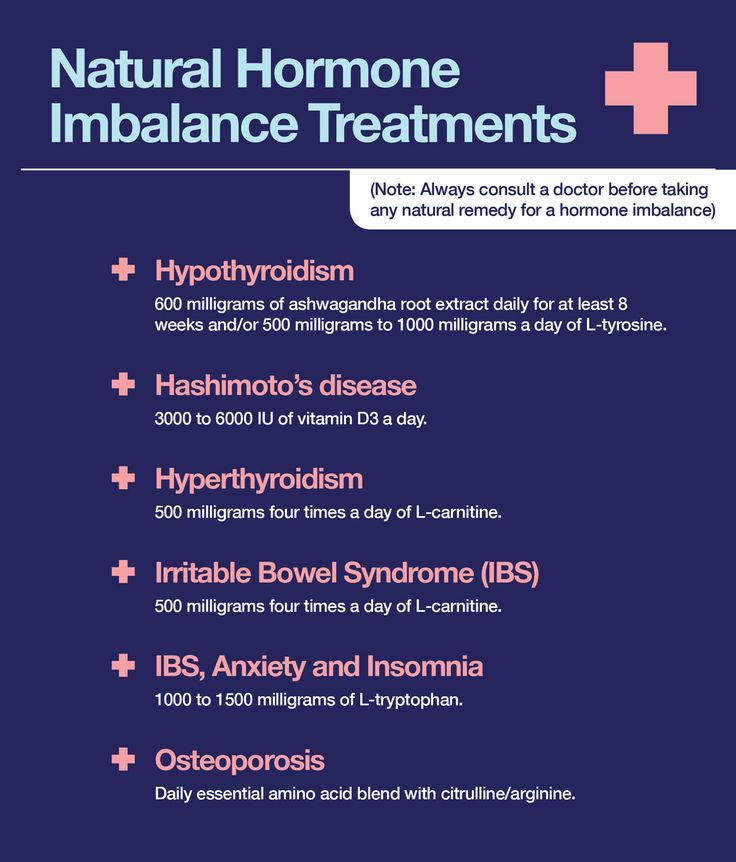 Cleveland Clinic. URL. Accessed July 19, 2022.
Cleveland Clinic. URL. Accessed July 19, 2022. -
Exercising to Relax. Harvard Health Publishing. URL. Accessed July 19, 2022.
-
Exercise for Stress and Anxiety. Anxiety and Depression Association of America. URL. Accessed July 19, 2022.
-
Stress Management. Mayo Clinic. URL. Accessed July 19, 2022.
-
Nutrient and Stress Management. Journal of Nutrition and Food Sciences. URL. Accessed July 19, 2022.
-
Extent and Health Consequences of Chronis Sleep Loss and Sleep Disorders. Sleep Disorders and Sleep Deprivation: An Unmet Public Health Problem. URL. Accessed July 19, 2022.
Hormonal imbalances can cause a range of unwanted symptoms, from fatigue or weight gain to itchy skin or a bad mood.
Hormones are chemicals produced by glands in the endocrine system and released into the bloodstream. An imbalance occurs when there is too much or too little hormone.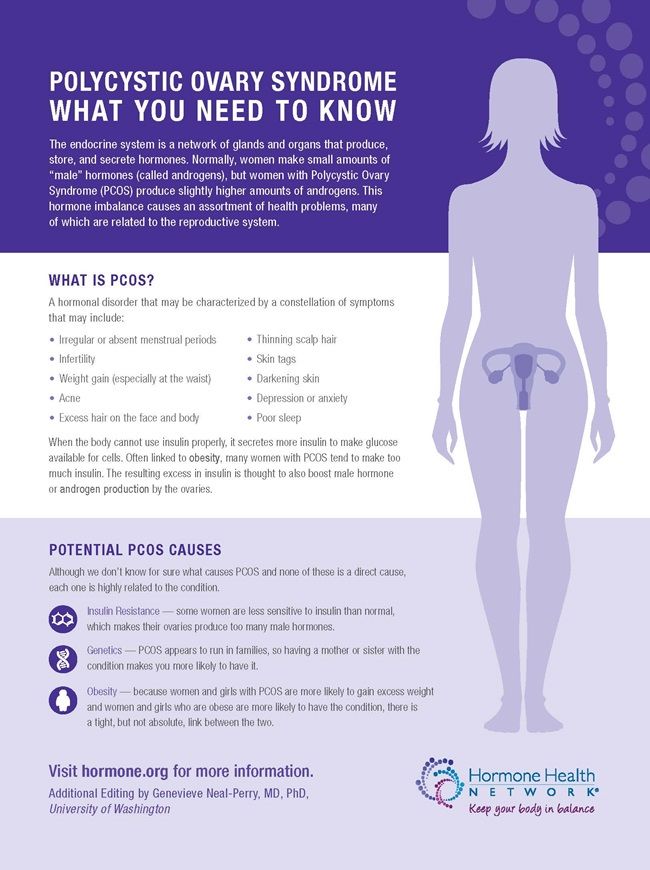
Your hormones are important in regulating many different body processes, including appetite and metabolism, sleep cycles, reproductive cycles and sexual function, body temperature and mood.
So it's no surprise that even the slightest imbalance can have a noticeable impact on your overall health and well-being.
Hormone levels naturally fluctuate at different stages of life, most notably during puberty and in women during the menstrual cycle, pregnancy and menopause. They can also be affected by lifestyle and certain diseases.
It is important to notice any symptoms and be examined by a specialist in order to receive the appropriate treatment - medical or invasive, or simply lifestyle changes to restore balance and your health.
- Mood swings. The female sex hormone estrogen affects neurotransmitters in the brain, including serotonin (a mood-enhancing chemical). Fluctuations in estrogen levels can cause premenstrual syndrome (PMS) or depressed mood during perimenopause (the phase before menstruation stops completely) and menopause.
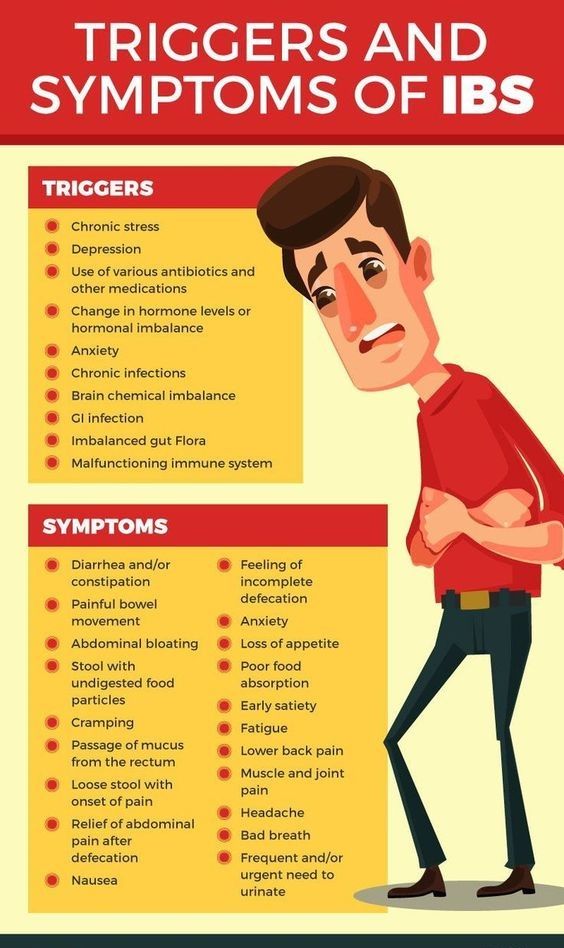
What to do: If sadness or anxiety is interfering with daily life, diet or lifestyle changes such as exercise, quitting smoking and alcohol, and herbal remedies or hormone replacement therapy (HRT) may help. All of these can improve your mood.
- Heavy or painful periods: if accompanied by other symptoms such as abdominal pain, frequent need to urinate, lower back pain, constipation and painful intercourse, then you may have fibroids. A fibroid is a non-cancerous growth that develops in or around the uterus. The exact cause of fibroids is unknown, although it is thought to be estrogen-stimulated or simply hereditary.
What to do: If you have symptoms, talk to your doctor, he will prescribe medicines to reduce fibroids. In severe cases, or if medical treatment does not resolve the problem, surgery may be considered to remove them.
- Low libido. Low libido is especially common in women going through perimenopause or menopause due to declining levels of estrogen and testosterone (although known as a male hormone, women also have testosterone).
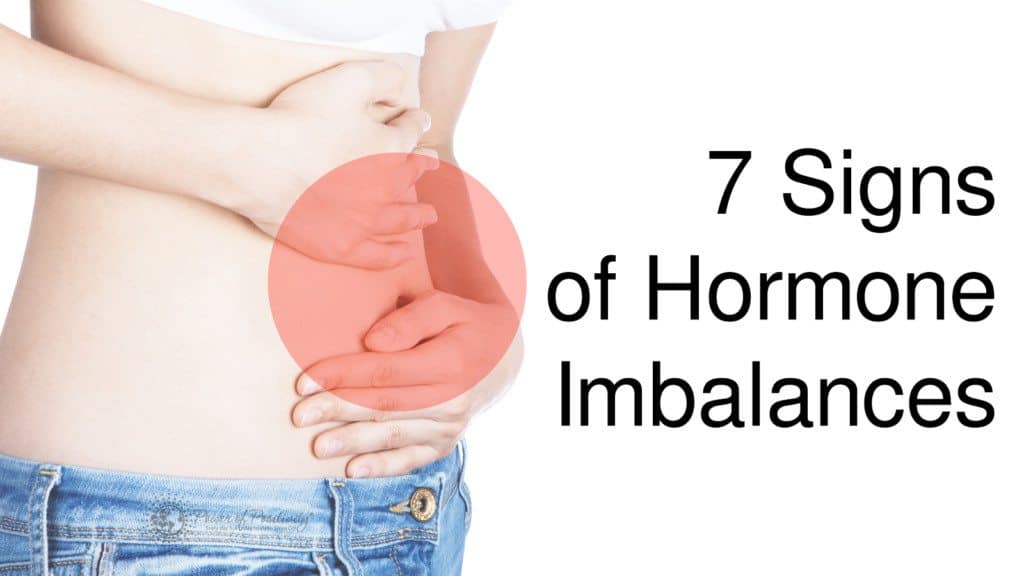 Other menopausal symptoms such as night sweats, fatigue, low mood and anxiety can also affect your sex life.
Other menopausal symptoms such as night sweats, fatigue, low mood and anxiety can also affect your sex life. What to do: If you are going through menopause, you can talk to your doctor about using testosterone as part of your HRT. It can improve your libido as well as boost your mood and energy levels. It is given in very low doses as a gel applied to the skin.
- Insomnia and poor quality sleep. During perimenopause and menopause, the ovaries gradually produce less estrogen and progesterone, which contributes to poor sleep. Decreased estrogen levels can also contribute to night sweats, which disrupt sleep, contribute to fatigue, and lack of energy.
What to do: The first step is to get an accurate diagnosis. If you are going through perimenopause or menopause, discuss HRT with your doctor, therapy will restore estrogen and progestogen levels. Other things you can do to improve your sleep include sleeping in cotton and cotton linens, keeping your bedroom cool, exercising, and cutting back on alcohol and caffeine.
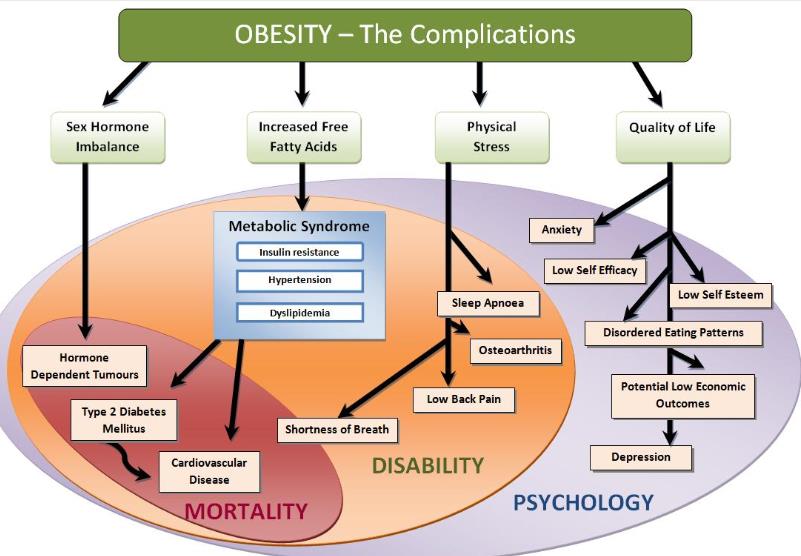
- Unexplained weight gain. Hormonal conditions can cause weight gain, including an underactive thyroid (when it doesn't produce enough hormones that regulate metabolism), polycystic ovary syndrome (some hormones cause cysts on the ovaries), and menopause (it leads to hormonal changes that can contribute to weight gain).
What to do: If you experience unexplained weight gain without any change in diet or exercise level, you may want to see your doctor to check for conditions such as thyroid problems or ovarian cysts. If you are going through menopause, you can talk to your doctor to discuss HRT. Some women believe that HRT causes weight gain, but there is no evidence to support this.
- Skin problems: Chronic acne in adults can be a sign of low estrogen and progesterone levels and high androgenic hormone levels, and may also indicate polycystic ovary syndrome. Similarly, hormonal imbalances during pregnancy or menopause can cause itchy skin, while dry skin is a symptom of menopause or a thyroid problem.

What to do: If you think that a persistent skin problem is caused by hormonal imbalance, you can consult a specialist to diagnose and treat the underlying problem.
- Fertility problems: Hormonal imbalance is one of the leading causes of female infertility, and as hormone levels change, a woman's fertility naturally declines after age 35. High levels of follicle-stimulating hormone (FSH) can reduce a woman's chances of getting pregnant, while low levels of luteinizing hormone (LH), which stimulates the ovaries to release an egg and start producing progesterone, can also cause fertility problems. Early menopause and other hormonal conditions such as PCOS affect your fertility.
What to do: Your health care provider may take a blood test to check your FSH and LH levels and if you have been trying to get pregnant for a year or less. If you are over 35, you may want to see a fertility specialist to diagnose the root cause of your difficulty conceiving.
- Headaches: Many women suffer from headaches due to hormonal changes during the menstrual cycle, pregnancy or menopause.

What to do: Keeping a symptom diary will help you and your doctor identify the cause of your headaches. Eating small, frequent snacks and keeping a regular sleep schedule may help. If you have regular attacks, your doctor may prescribe migraine medication, birth control pills, or HRT.
- Weak bones: Decreased estrogen levels during perimenopause and menopause can lead to bone loss.
What to do: Often women don't realize they have fragile bones until they have a fracture, so it's important to make lifestyle changes to improve your bone health in middle age and beyond. Weight-bearing exercises such as running, tennis or dancing, a healthy diet that includes sources of calcium and vitamin D, and HRT may help.
- Vaginal Dryness: Vaginal dryness is most commonly caused by low estrogen levels, especially during perimenopause and menopause. Taking birth control pills or antidepressants can also change hormone levels, leading to a problem.
What to do: Practical steps may include washing with unscented soap and using water-based lubricants.
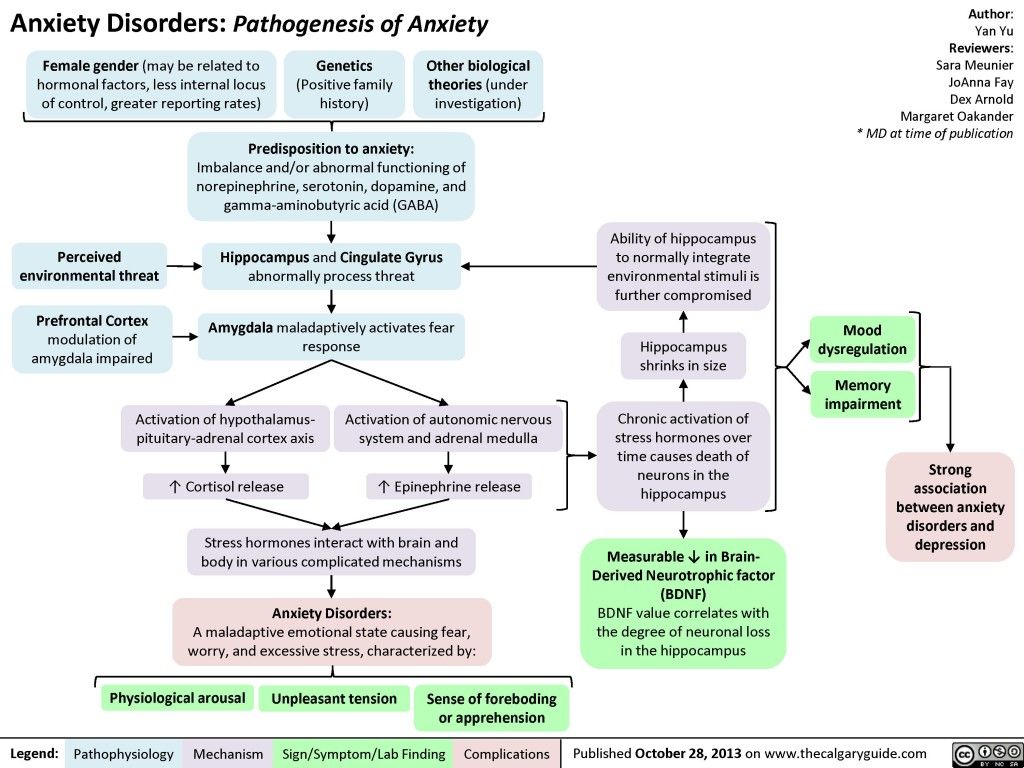 If your symptoms are caused by menopause, then again, HRT can help by increasing estrogen levels.
If your symptoms are caused by menopause, then again, HRT can help by increasing estrogen levels.
Back to the list of articles
Hormonal disorders or hormonal imbalance
Hormonal imbalance, which leads to a decrease or increase in a certain hormone, disrupts the coordinated work of different body systems and immediately affects the state of human health.
Few people think about the work of the endocrine system. However, a violation of the normal production of hormones directly affects the well-being of a person, his mood, behavior, and also affects the appearance. It is hormones that regulate many important processes in the body: metabolism, sleep cycles, temperature, heart rate, internal organs, etc.
The first step towards correcting a hormonal imbalance is to determine if it exists. Among the signs that should alert you and encourage you to go to an endocrinologist, you can highlight:
Increased irritability
If you are in a state that can be characterized as “everyone enrages me and irritates me” for a long time, you should check your hormones.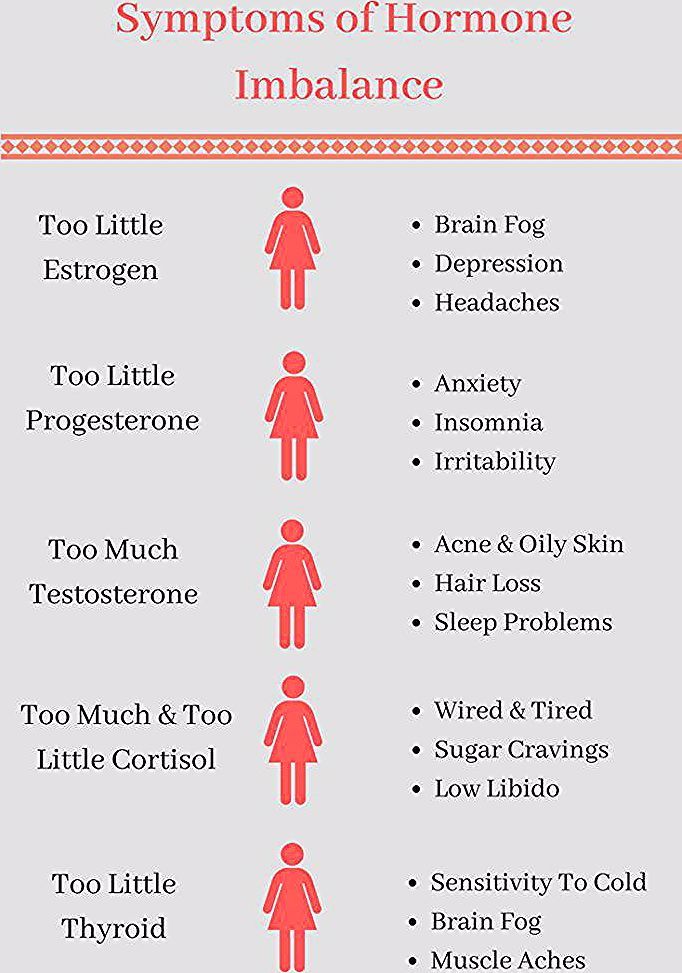 Emotional swings, constant internal tension and mood swings may indicate problems with thyroid hormones (TSH, T3, T4).
Emotional swings, constant internal tension and mood swings may indicate problems with thyroid hormones (TSH, T3, T4).
Hyperthyroidism is a condition characterized by increased production of the hormones T3 (triiodothyronine) and T4 (thyroxine), in which the pulse and heart rate increase, irritability increases, and sleep disturbances appear.
Therefore, it can be like this: it's not you who is irritable, nervous and gloomy, but the hormonal background is disturbed.
Severe weakness, constant fatigue
Hypothyroidism is a condition characterized by chronic fatigue, a constant desire to lie down and sleep, reduced mental activity. A breakdown and a state of “no strength, like a squeezed lemon” are signs of a weak thyroid gland, a lack of T3 and T4 hormones. Also, the manifestation of such symptoms in men contributes to low testosterone production and weak work of the adrenal glands.
Hypothyroidism can manifest itself both with a lot of work without rest, and with minimal activity, without objective reasons. In both cases, it is necessary to pass a test and make sure of the reasons.
In both cases, it is necessary to pass a test and make sure of the reasons.
Weight Gain
Weight is affected by calories, exercise, heredity, and endocrine problems. You should think about going to an endocrinologist if you are gaining weight despite diet and high physical activity.
An increase in body weight is promoted by hypothyroidism, a decrease in the level of sex hormones, and increased work of the adrenal glands. In this case, localization of body fat occurs, blood pressure, glucose levels, etc. increase.
A decrease in the amount of thyroid hormones leads to a slowdown in metabolism. A change in estrogen levels is reflected in weight gain, as it stimulates an increase in appetite. In addition, such changes affect leptin, a hormone that affects the regulation of food intake. To control hunger, the balance of two hormones is important: leptin (reduces appetite after eating) and ghrelin (signals the body to eat).
Acne and blackheads
The appearance of rashes in women is associated with the menstrual cycle.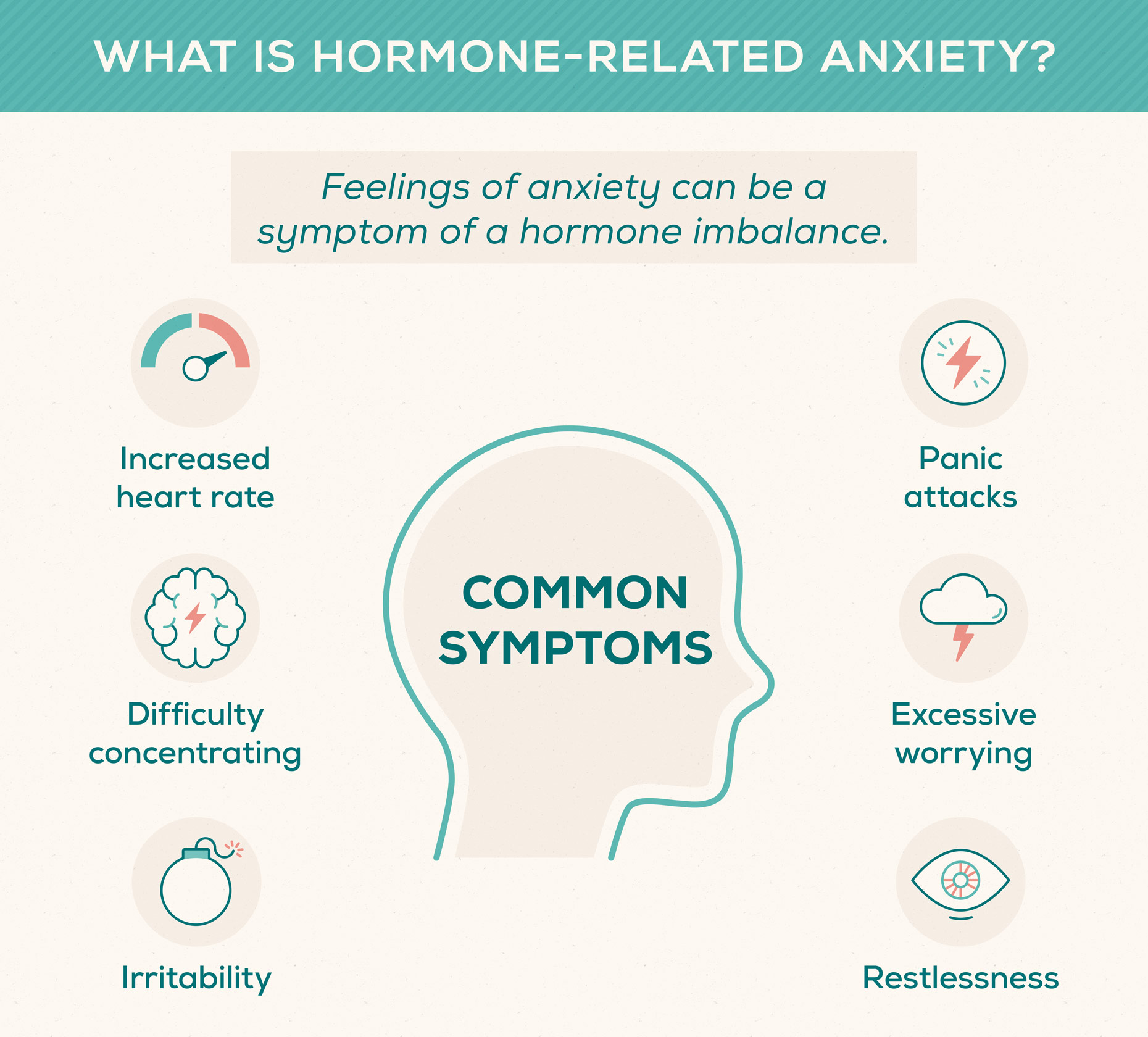 However, if the rashes are chronic and appear constantly, then this is a sign of hormonal failure. The amount of androgens, which deviates from the norm, provokes increased work of the sebaceous glands, which, in turn, leads to clogging of pores and the development of acne.
However, if the rashes are chronic and appear constantly, then this is a sign of hormonal failure. The amount of androgens, which deviates from the norm, provokes increased work of the sebaceous glands, which, in turn, leads to clogging of pores and the development of acne.
Acne and acne outbreaks are also alarming - in many cases they signal hormonal problems.
Sleep problems
Insomnia is often the result of a lack of progesterone, a hormone that is a natural relaxant that promotes peace, calm and relaxation, maintaining a stable sleep. Changes in the amount of progesterone lead to disorders: a drop in the level of this hormone negatively affects the quality of sleep and the speed of falling asleep.
Digestive problems
Bowel problems, changes in digestion, diarrhea, nausea and stomach pain can become your companions when the amount of estrogen and progesterone deviates from the norm. Complemented by rashes and increased weakness, they definitely indicate a disruption in the functioning of hormones and the need to visit a specialist.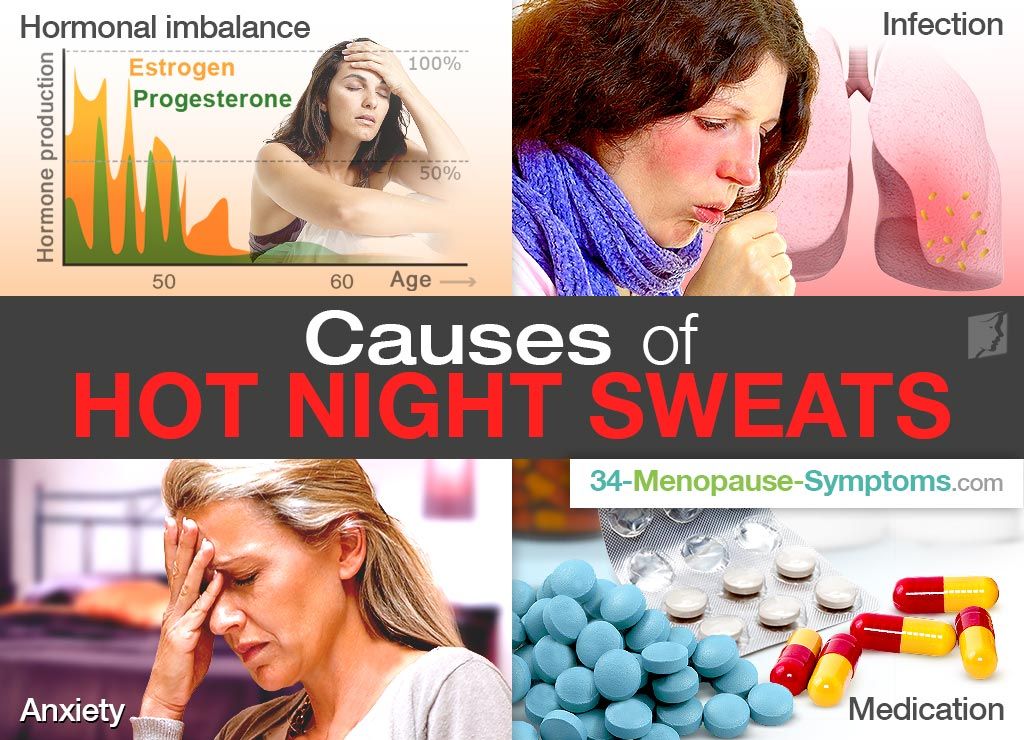
Headaches
Frequent headaches can be caused by both stress and fatigue, and insufficient estrogen levels. Estrogen controls metabolic processes in the brain and spinal cord. If you suffer from migraines and a terrible mood, then the reason may lie in the lack or excess of this hormone.
Excessive sweating
Excessive sweating, temperature fluctuations, sudden heat - all this hints at a hormonal imbalance. As mentioned above, hormones help regulate body temperature. In this regard, a violation of the hormonal background may be accompanied by hot flashes. This is a sure sign that some hormones are not normal.
Hair loss
Hair loss contributes to abnormal testosterone, insulin, thyroid hormones. Increased testosterone levels in women often lead to excessive hair loss. Meanwhile, testosterone affects men differently - they, on the contrary, increase the amount of hair.
Absent-mindedness, memory problems
Forgetfulness or “memory fogging” can be caused by changes in the levels of progesterone, estrogen, cortisol. Their decrease can cause a decrease in mental clarity and memory. Lack of cortisol affects short-term memory - hence increased forgetfulness.
Their decrease can cause a decrease in mental clarity and memory. Lack of cortisol affects short-term memory - hence increased forgetfulness.
Memory problems may be related to thyroid disease and other hormonal changes in the body.
Irregular menstrual cycle or pregnancy
Irregular menstruation may indicate the presence of serious hormonal disorders and pathologies of the reproductive system.
Pregnancy is an important process that requires many tests, incl. to test hormones. During pregnancy and after childbirth, the level of hormones (and in general, all systems of a woman's body) is constantly changing, which leads to mood swings, insomnia, etc. Therefore, it is important to control their levels and keep them within the normal range.
Breast changes
A decrease in estrogen can affect the breast, reduce its density and shape, as a result of which the size of the breast changes. This is a serious symptom of existing disorders in the woman's body.